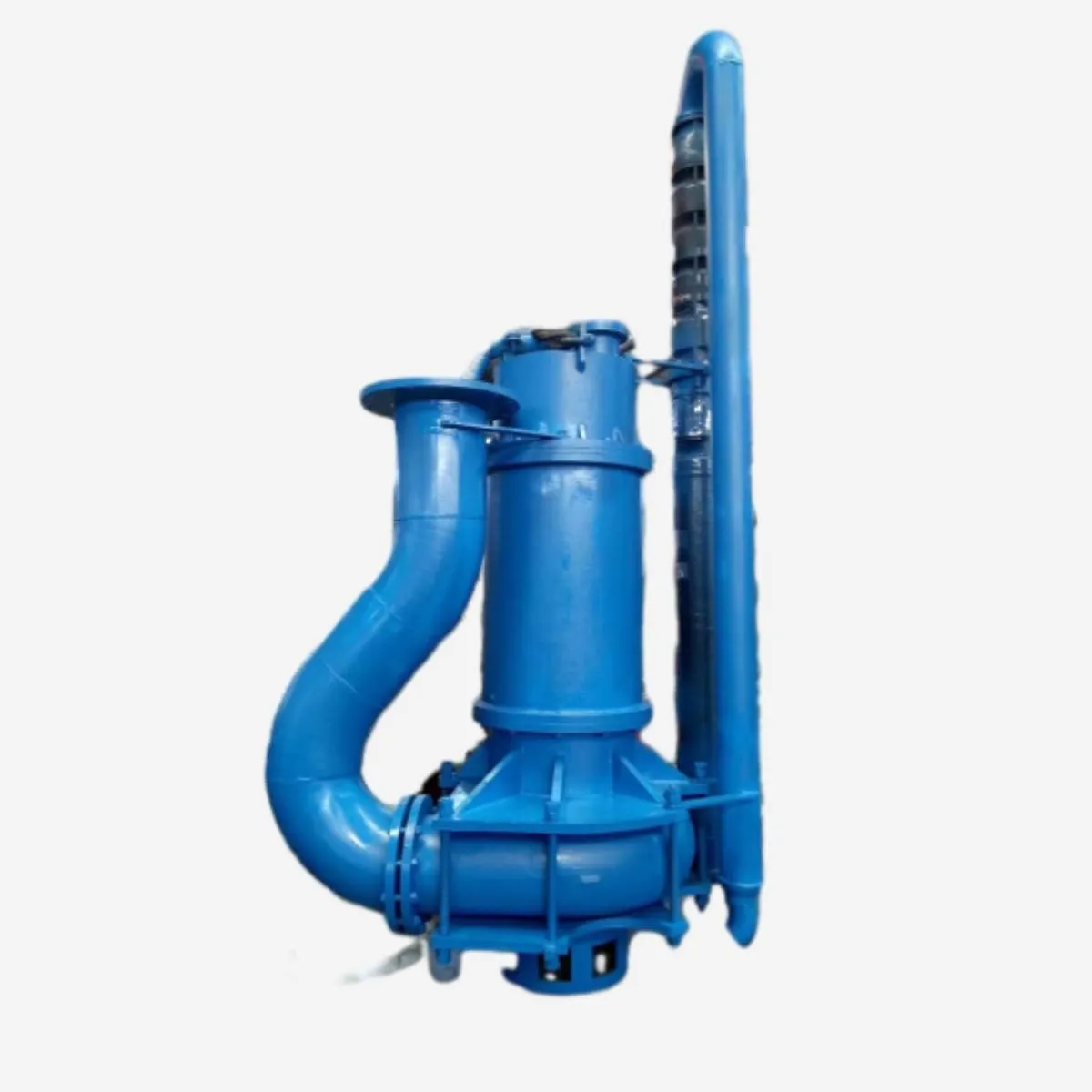Estonian
- Afrikaans
- Albanian
- Amharic
- Arabic
- Armenian
- Azerbaijani
- Basque
- Belarusian
- Bengali
- Bosnian
- Bulgarian
- Catalan
- Cebuano
- Corsican
- Croatian
- Czech
- Danish
- Dutch
- English
- Esperanto
- Estonian
- Finnish
- French
- Frisian
- Galician
- Georgian
- German
- Greek
- Gujarati
- Haitian Creole
- hausa
- hawaiian
- Hebrew
- Hindi
- Miao
- Hungarian
- Icelandic
- igbo
- Indonesian
- irish
- Italian
- Japanese
- Javanese
- Kannada
- kazakh
- Khmer
- Rwandese
- Korean
- Kurdish
- Kyrgyz
- Lao
- Latin
- Latvian
- Lithuanian
- Luxembourgish
- Macedonian
- Malgashi
- Malay
- Malayalam
- Maltese
- Maori
- Marathi
- Mongolian
- Myanmar
- Nepali
- Norwegian
- Norwegian
- Occitan
- Pashto
- Persian
- Polish
- Portuguese
- Punjabi
- Romanian
- Russian
- Samoan
- Scottish Gaelic
- Serbian
- Sesotho
- Shona
- Sindhi
- Sinhala
- Slovak
- Slovenian
- Somali
- Spanish
- Sundanese
- Swahili
- Swedish
- Tagalog
- Tajik
- Tamil
- Tatar
- Telugu
- Thai
- Turkish
- Turkmen
- Ukrainian
- Urdu
- Uighur
- Uzbek
- Vietnamese
- Welsh
- Bantu
- Yiddish
- Yoruba
- Zulu
Telephone: +86 13120555503
Email: frank@cypump.com
sept. . 28, 2024 15:49 Back to list
Optimal Chemical Transport Solutions for Efficient Water Pumping Systems
Exploring Best Chemical Pipeline Water Pumps
In the world of industrial applications, particularly in the chemical processing sector, the importance of reliable water pumps cannot be overstated. Among various types, chemical pipeline water pumps stand out for their ability to efficiently transport corrosive, viscous, and hazardous liquids. Selecting the best chemical pipeline water pump is essential for ensuring operational efficiency, safety, and longevity of equipment.
Understanding Chemical Pipeline Water Pumps
Chemical pipeline water pumps are specifically designed to handle the unique demands posed by chemicals, which may include acids, bases, and other reactive substances. These pumps are constructed using specialized materials that resist corrosion and degradation, such as stainless steel, plastic composites, and nickel alloys. The design of these pumps often includes features that minimize leaks, reduce the risk of contamination, and ensure safe handling of hazardous materials.
Key Features to Consider
When evaluating chemical pipeline water pumps, several important features should be considered
1. Material Compatibility The construction materials of the pump must be compatible with the specific chemicals being transported. Incompatible materials can lead to pump failure, contamination, and even potential safety hazards. Always consult the manufacturer’s specifications to ensure compatibility.
2. Pump Type There are several types of pumps used in chemical processing, including centrifugal pumps, diaphragm pumps, and peristaltic pumps. Centrifugal pumps are widely used for their efficiency in transporting large volumes of liquid, while diaphragm pumps are ideal for accommodating varying flow rates and pressures in more complex systems. Peristaltic pumps excel when it comes to handling shear-sensitive fluids.
3. Seal Integrity Effective sealing mechanisms are crucial in preventing leaks during operation. Provisions like double sealing systems, mechanical seals, and special O-ring designs are features to look for in high-grade pumps. A robust sealing system enhances safety by reducing the risk of chemical spills, which can be costly, both financially and environmentally.
best chemical pipeline water pump

4. Flow Rate and Pressure Understanding the required flow rate and pressure for your applications is essential for selecting the appropriate pump. Pumps that are not suited to the system’s specifications can lead to inefficiencies and compromised performance.
5. Ease of Maintenance Maintenance requirements can vary significantly between models. Pumps designed with easy access to components for routine maintenance will save time and reduce downtime, thus improving overall productivity.
Benefits of High-Quality Chemical Pipeline Water Pumps
Investing in top-tier chemical pipeline water pumps can yield numerous benefits for facilities handling chemicals
- Enhanced Safety Quality pumps reduce the risk of leaks and spills, protecting personnel and the environment. - Increased Efficiency Well-designed pumps operate more efficiently, translating to lower energy costs and reduced operational expenditure.
- Longer Lifespan Pumps made from durable and corrosion-resistant materials will generally have a longer service life, minimizing the need for frequent replacements.
Conclusion
Choosing the best chemical pipeline water pump requires careful consideration of various factors, including material compatibility, pump design, sealing mechanisms, and maintenance needs. Companies that prioritize high-quality pumps will find themselves better equipped to handle the challenges of transporting chemicals safely and efficiently. By investing in reliable water pumps, businesses not only ensure regulatory compliance but also enhance their overall productivity and safety in operations. As technology advances, staying informed about the latest innovations in pump designs and materials will continue to be crucial in making informed purchasing decisions in the chemical processing industry.
-
ISG Series Pipeline Pump - Chi Yuan Pumps | Energy Efficiency&Compact Design
NewsAug.03,2025
-
ISG Series Vertical Pipeline Pump - Chi Yuan Pumps Co., LTD.|High Efficiency, Low Noise, Durable
NewsAug.02,2025
-
ISG Series Vertical Pipeline Pump - Chi Yuan Pumps | High Efficiency, Low Noise
NewsAug.02,2025
-
ISG Series Vertical Pipeline Pump- Chi Yuan Pumps Co., LTD.|High Efficiency&Compact Design
NewsAug.02,2025
-
Heavy-Duty Mining Sludge Pumps - Wear-Resistant Slurry Handling
NewsAug.02,2025
-
Horizontal Split Case Pump with GPT-4 Turbo | High Efficiency
NewsAug.01,2025










